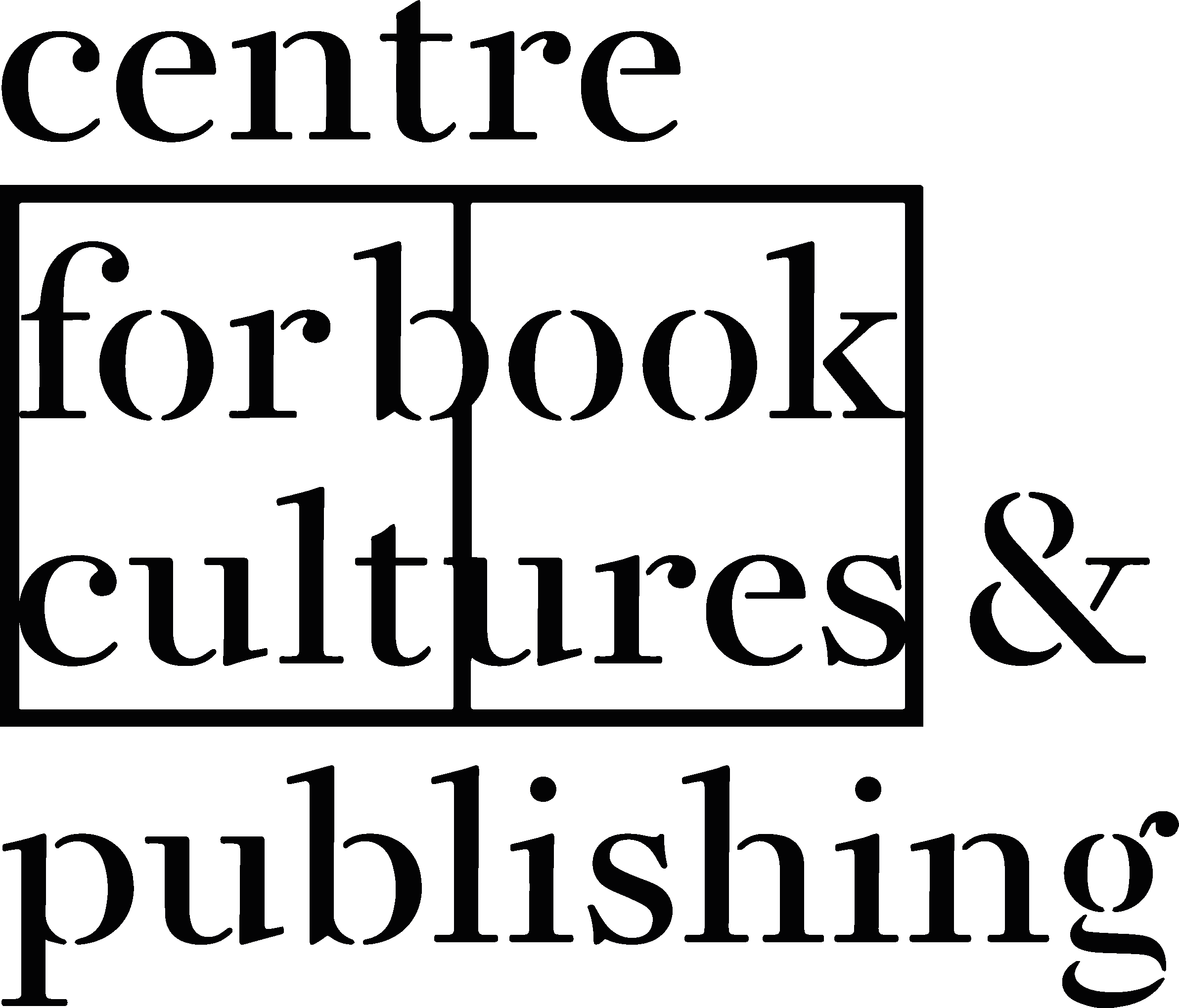This webinar was introduced and chaired by Dr Nicola Wilson. Prof. Katy Shaw (author of the Common People Report, 2020) presented the subject and then we had contributions from Philip Jones (editor of The Bookseller) and Lisa Blower, an established writer. The discussion revolved around the subject of how much more inclusive the London-centric publishing world needs to be to working-class writers. The three perspectives were very wide-ranging, interesting, challenging and provocative because they raised issues, which are not going to be solved overnight or in the very near future.
Prof. Shaw described and characterised a working model as identified in the Common People Report that could very effectively go some way towards stimulating local working-class writers to develop their work, meet agents, interact with other arts bodies in the area and find viable outlets for their work both regionally and then nationally. Philip Jones, who is based in London, pointed to the independent publishers who are trying to be more inclusive in their approach. He also stated the fact that many of the established publishers, in their internal structures, practices and recruitment, are still quite traditional and need to become more inclusively representative. As a practising writer, Lisa Blower stated quite uncompromisingly that London is the place to go in the current situation but that it was a case of not toning down your work, for example, in the use of dialect or compromising on the local source of your inspiration. Ultimately a writer needs to be true to themselves but they also require readers and these come through advertising, distribution, and promotion on the part of agents, publishers and booksellers.
The challenge now remains, through initiatives like the ones described and suggested in the Common People Report, to change current practice in order to decentralise the publishing process. There is no shortage of writers, but both the internal structure of publishing and its external manifestations seem to militate against the fair and more inclusive representation of both working-class and BAME writers.
This discussion was excellent in both highlighting the problems that currently exist and in trying to describe a road-map that might lead to a more equitable and accessible system that allows for a greater variety of writers and genres to be read, enjoyed and appreciated. Since 1956 there has been an active encouragement and nurturing of those voices in the theatre through local touring community groups, the use of community halls and local venues and the setting up of modest theatre companies with very clear regional identities. A similar ‘revolution’ needs to take place in the world of publishing!
Patrick Salvadori, Masters student, Department of English Literature
(originally posted on 7 June 2020)

